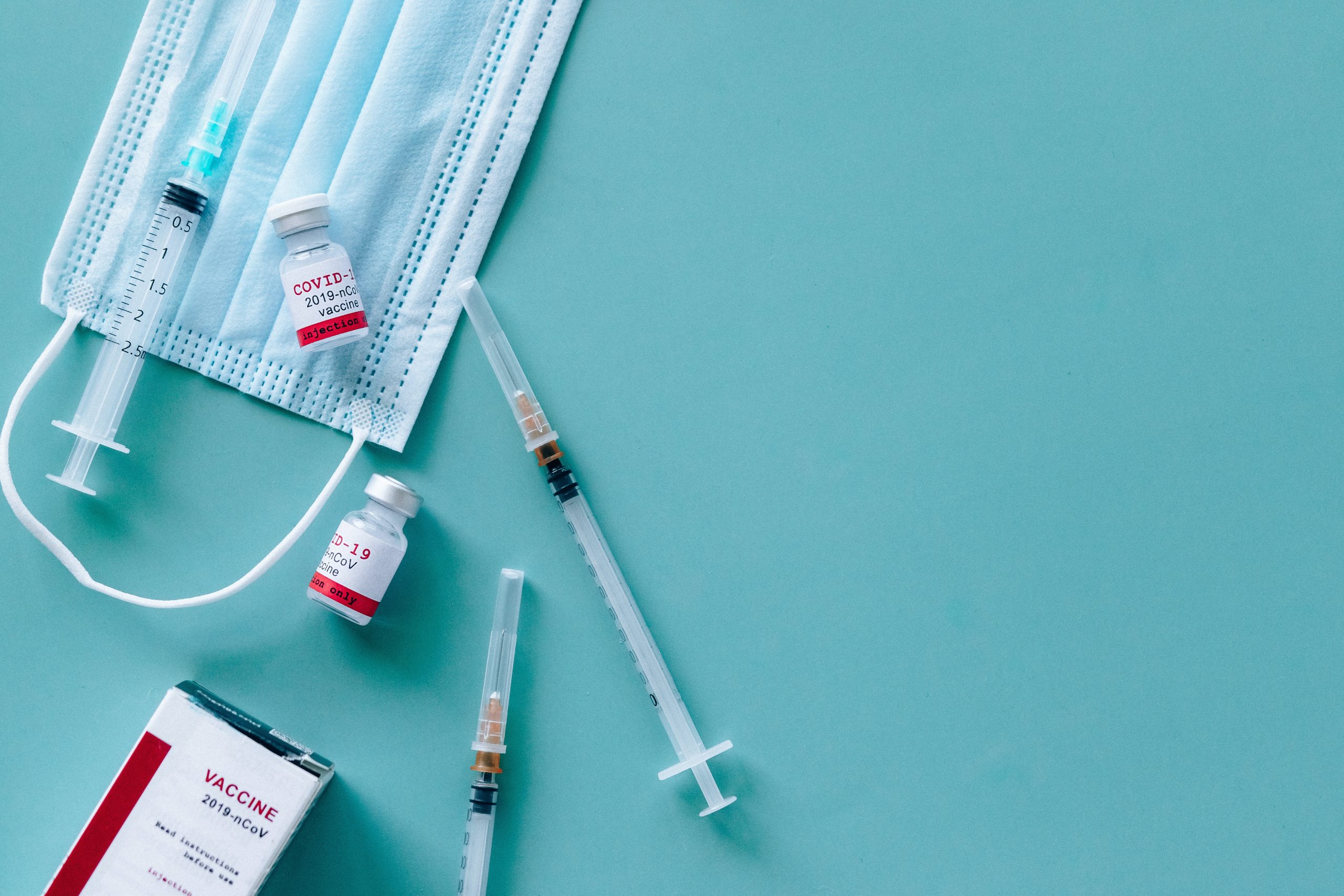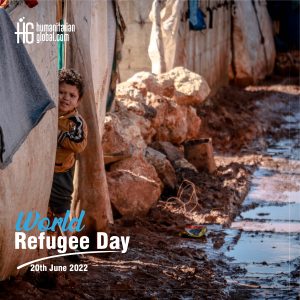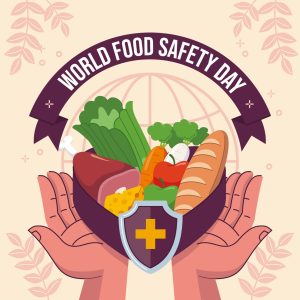The global COVID-19 vaccine rollout is advancing at two shockingly different speeds, for low-income and high-income countries. In most low-income countries, less than two percent of adults are fully vaccinated, compared to high-income countries with almost half the total population coverage. Most of these countries are in Africa and cannot access sufficient vaccines to meet the 10% coverage global goal in all countries by September and 40% by the end of the year. This makes it nearly impossible to achieve the 70% coverage goal in 2022, set by the African Union.
This vaccine inequity crisis is driving a dangerous discrepancy in the survival rates of COVID-19 and the economy worldwide. The Multilateral Leaders Taskforce on COVID-19 (MLT) appreciates the significant work of AVAT (African Vaccine Acquisition Trust) and COVAX (COVID-19 Vaccines Global Access) to address this unfortunate situation. This was during a meeting between the leaders of Africa CDC, UNICEF, and Gavi, with the heads of International Monetary Fund (IMF), World Bank Group, World Health Organization (WHO), and World Trade Organization (WTO), to rapidly scale up vaccines in low middle-income and lower-middle-income countries, particularly in Africa.
However, they warned that in order to effectively tackle this acute shortage of vaccine supply in those countries, there is a need for urgent cooperation between vaccine-producing countries, vaccine manufacturers, and countries that have attained high rates of vaccination. For all countries to reach the global goals of at least 10% coverage by September and 40% by the end of the year, the top UN officials urged countries that have contracted high vaccine volumes to swap with AVAT and COVAX near-term delivery schedules. They also advised vaccine manufacturers to prioritize and fulfill their contracts to AVAT and COVAX immediately and provide regular, clear forecasts on supply.
G7 industrialized nations together with all countries sharing the dose were urged to fulfill their pledges with urgency by ensuring product shelf life, enhanced pipeline visibility, and support for valuable supplies, seeing as less than 10% of nearly 900 million committed doses have been shipped so far. The UN officials further called on all countries to abolish export restrictions and any other barriers to trade on COVID-19 vaccines and the inputs associated with their production. Concurrently, the UN agencies are extending their work with AVAT and COVAX to deal with persistent delivery of vaccines, manufacturing, and trade issues in Africa. They are deploying concessional financing and grants to support this work.
The UN agencies heads intend to explore financing mechanisms as requested by AVAT, to cover future vaccine needs and promote better investments and supply forecasts to increase the absorptive capacity and preparedness of countries. They also confirmed that they would continue to improve data, identify gaps and enhance transparency in the supply and use of all COVID-19 tools, seeing as the course of the pandemic and the health of the world are at stake.







